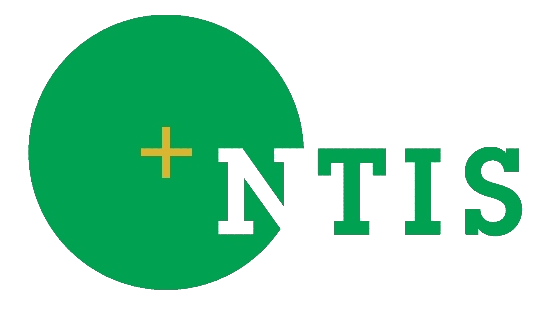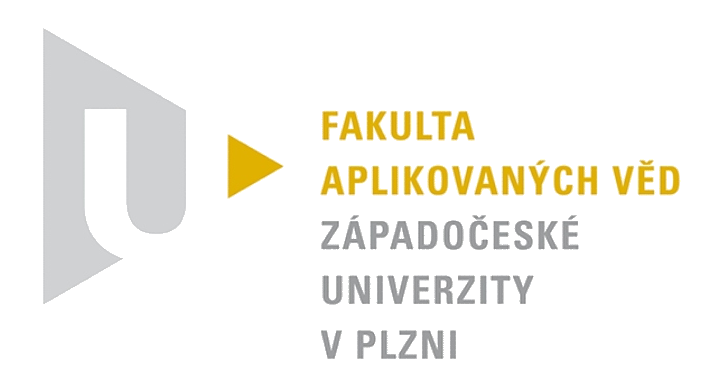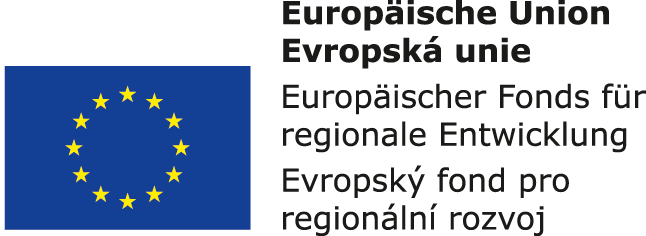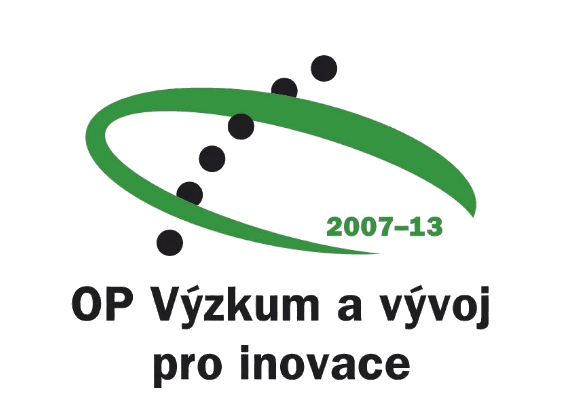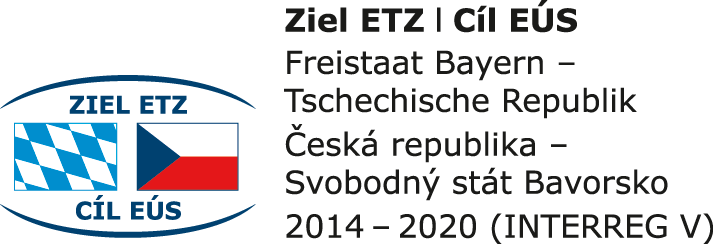Development coordination disorder in children – diagnosis, relationship to brain function
Developmental coordination disorder is one of the specific learning disabilities. It is described as the impaired development of coordination, which cannot be explained by overall intellectual retardation or specific acquired nervous disorder. The project deals with the structure of disorder and examines the possibility of using the method of evoked potentials to investigate it. It turns out that children with lower levels of coordination process evoked potentials in their brains differently than children with normal levels of coordination. Differences are described in the management of physical activities of children, depending on the level of coordination development and their intellect. There are used the test MABC, analysis of evoked potentials and other selected tests related to specific learning and intellect disabilities.Person responsible: Ladislav Čepička
Collaborators: Irena Holečková, Roman Mouček, Pavel Mautner, Petr Brůha, Lukáš Vařeka
Funding:
P407/12/1525(GA) – Selected parameters of brain functions in relation to developmental coordination disorders in children (2012-2014)
406/09/0150(GA) – The structure and diagnostics of developmental coordination disorders in children at school age (2009-2011)
Reference/Collaboration:
- Ladislav Čepička, University of West Bohemia, Faculty of Education
- Irena Holečková, University Hospital in Pilsen
- JanŠtochl, University of Cambridge, Adenbrookes Hospital, Department of Psychiatry
- Ivana Smítková – special education teacher



